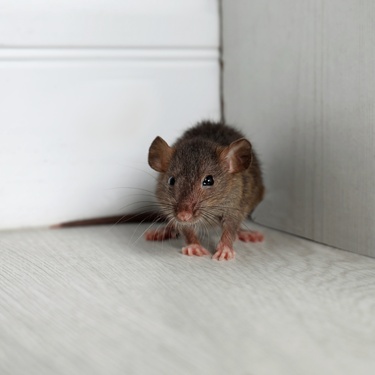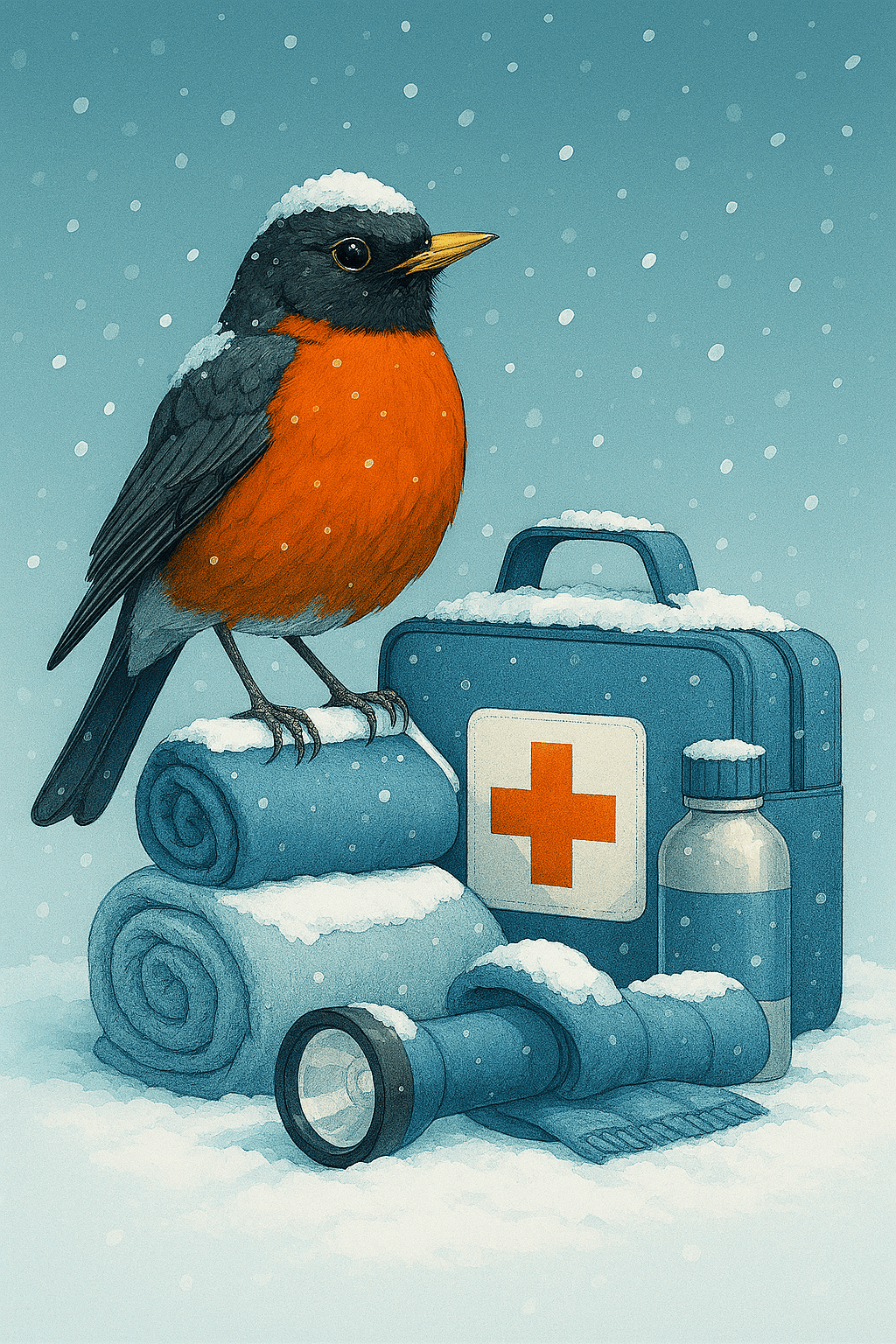
Rats and mice are a significant health hazard. These small rodents can carry and transmit diseases that have serious consequences for humans. You don't have to come into direct contact with them to get sick; their droppings, urine, and even saliva can spread infections. Read on and discover the four most common diseases carried by rats and mice.
Hantavirus Pulmonary Syndrome (HPS)
Hantavirus Pulmonary Syndrome (HPS) is one of the most serious diseases linked to rodents, such as deer mice. The disease is primarily transmitted when humans inhale dust that contains dried rodent urine, droppings, or saliva. Early symptoms of HPS resemble those of the flu, with fatigue, fever, and muscle aches being common. Left untreated, it can progress to severe respiratory issues, making it potentially fatal. The virus doesn't spread from person to person, but its high mortality rate is a major concern.
Salmonellosis
Salmonellosis is a common infection caused by the Salmonella bacteria, which rodents often spread through their feces. This disease can occur when humans eat or drink contaminated food or water. Symptoms usually develop within hours or days and include diarrhea, fever, and stomach cramps. Children, the elderly, and people with weakened immune systems are particularly vulnerable to severe complications. Proper food storage and cleanliness are vital to reducing the risk of exposure.
Lymphocytic Choriomeningitis (LCM)
Lymphocytic Choriomeningitis (LCM) is a viral infection that's primarily spread by the common house mouse. People can catch the virus through contact with rodent urine, droppings, or nesting materials. Initial symptoms can include fever, headache, and muscle aches, but in some cases, it leads to more serious complications, such as meningitis or encephalitis. Pregnant women should be especially cautious, as infection can harm the developing fetus. Thorough hygiene practices and avoiding contact with rodents are essential to lowering your risk.
Rat-Bite Fever
Rat-Bite Fever (RBF) is a bacterial illness caused by bites, scratches, or even contact with rodents or food contaminated by them. Depending on the exact strain, symptoms can appear anywhere from three days to three weeks after exposure. Fever, rash, and joint pain are common signs of RBF, and it can lead to serious complications like organ infection if untreated. Washing any rat bite or scratch thoroughly and seeking medical attention are critical. Calling in professional rodent control services at the first sign of rats in your home is crucial for preventing RBF infections.
The common diseases carried by rats and mice can affect your health in significant ways. Protecting your home from infestations is key to avoiding these potential illnesses. By keeping your living space clean and addressing rodent issues promptly, you can greatly reduce your risk. Stay vigilant, and you'll create a healthier, safer environment for yourself and your loved ones.
Bio: Casey is a passionate copyeditor highly motivated to provide compelling SEO content in the digital marketing space. Her expertise includes a vast range of industries from highly technical, consumer, and lifestyle-based, with an emphasis on attention to detail and readability.




















